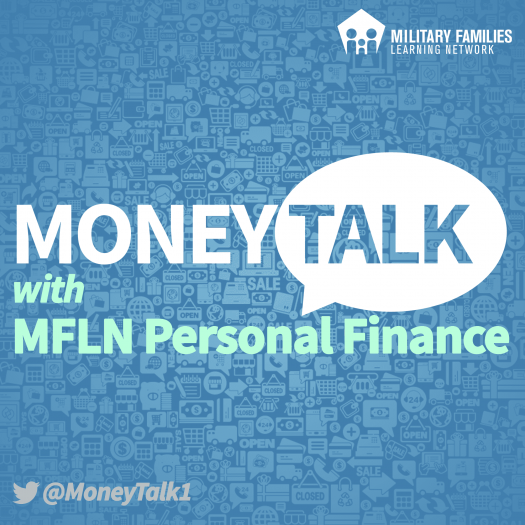<https://oneop.org/wp-content/uploads/2021/04/CreditHistory_mixdown.mp3>
https://oneop.org/wp-content/uploads/2021/03/CreditHistory_mixdown.mp3 Show Notes
What advantages does having access to credit provide?
The ability to buy something (e.g., appliance) or do something (e.g., travel) today and pay for it later.
Flexibility to make purchases and take advantage of opportunities without cash in hand.
Fewer hassles and expenses to rent an apartment and get service credit from utility companies.
Peace of mind that you have a back-up line of credit, if needed.
Why is a Positive Credit History So Important?
A positive credit history helps people get credit, rent apartments, and save on auto insurance premiums.
Credit is also important to purchase goods and services and make travel reservations online.
Credit provides leverage (access to other people’s money) to buy “big ticket” items like a house.
What does being “credit invisible” mean?
“Credit invisible” means someone does not have any recorded history with the “Big Three” credit bureaus.
One in 10 adults (26 million Americans) are “credit invisible” according to the @CFPB.
What is a “thin file?”
“Thin file” means someone has a limited credit history, which makes it difficult to generate a credit score.
Having a “thin file,” like being credit invisible, makes it difficult for people to get approved for credit.
Some lenders might consider other payment info such as paid bills, bank statements, and references.
What are some reasons a person may be credit invisible or have a thin credit file?
Age is one reason: young consumers who have not previously used credit and have no credit history.
Immigrants to the U.S. often face this challenge; like young adults, they have no prior credit history.
People who have not had credit in their own name (for whatever reason) may be invisible to lenders.
What financial challenges do people face if they have a thin credit file or are credit invisible?
Consumers w/o a credit history may not be able to access utility services without making a large deposit.
It may be very difficult to get a loan, get a cell phone, or rent an apartment without a credit history.
How can you build your credit report if you have a thin file or no credit history?
Apply for a secured credit card; deposit the amount of money needed to secure your credit line (e.g., $500).
Apply for a small (a.k.a., credit builder) loan of $300-$1,000 over 6-24 months and make timely payments.
Get approved for a retail store or gas station credit card as an initial “stepping stone” to a national bankcard.
Become an authorized user on the credit card of someone with a positive credit history (e.g., a parent).
Have you ever personally experienced a life event that impacted your access to credit?
I froze all my credit after the Equifax hack but needed to unfreeze it to get new utility services.
I also had to unfreeze my credit again to be able to open a savings account with a national bank.
I had to pay a $250 utility company security deposit because I could not unfreeze my credit immediately.
Who can help you establish credit if you can’t open an account with a lender?
Reach out to a community bank or credit union and apply for a small-dollar loan.
Ask a family member for assistance as a lender, as a co-signer, or to make you an authorized user













